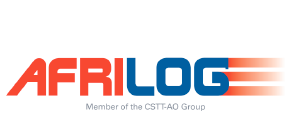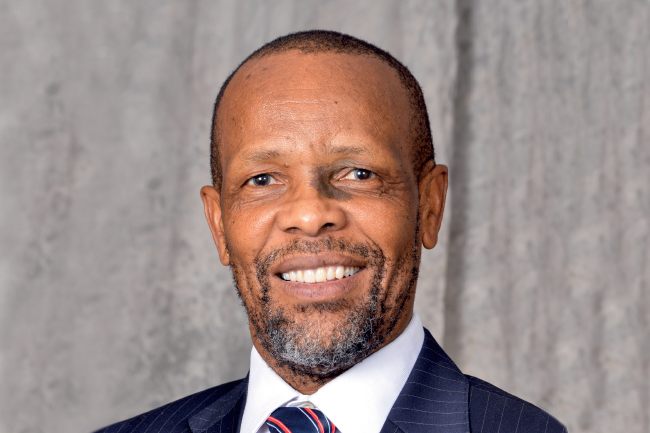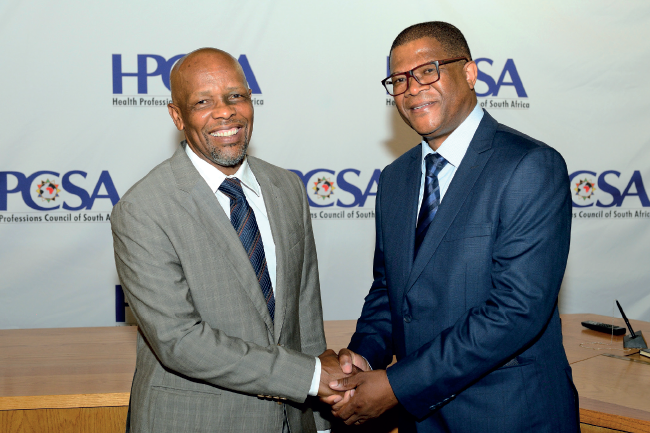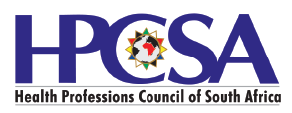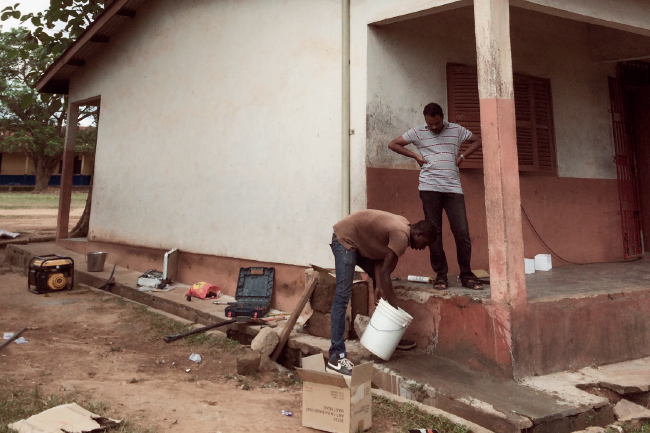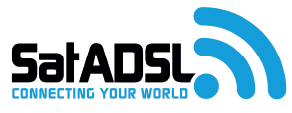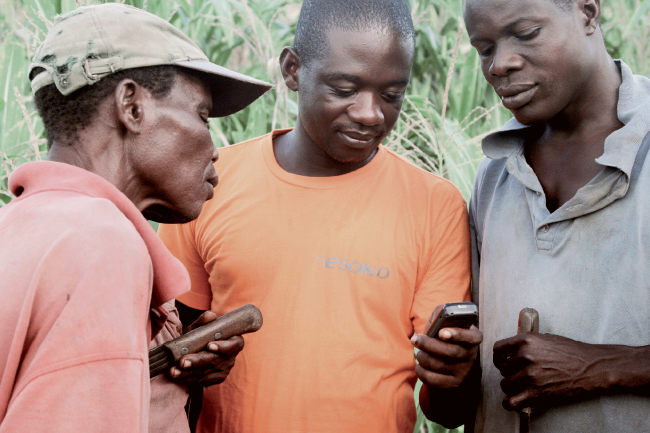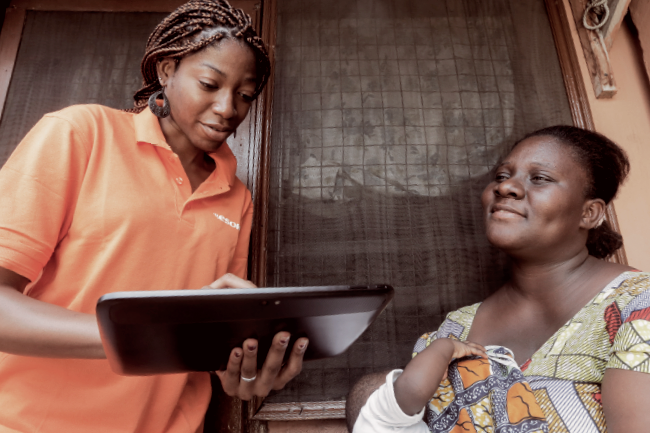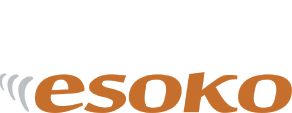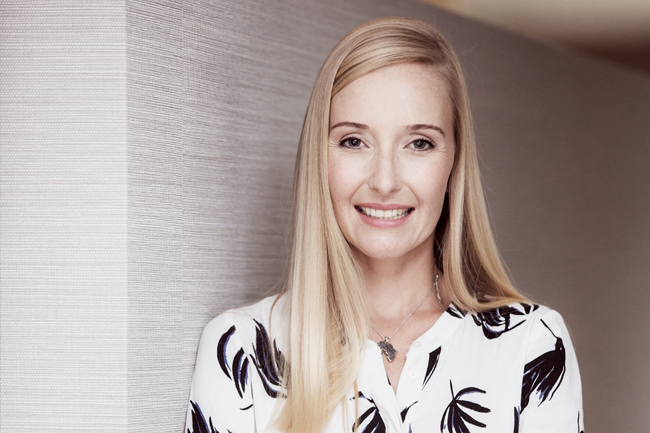Afrilog provides comprehensive supply management and inventory management services to not only meet but also anticipate the demands of the group’s highly specialised clientele – mining as well as industrial companies.
The Afrilog team has more than a decade of extensive experience on the African continent, which means it is able to offer an international, integrated procurement and logistics solution for the inland, ocean and air transportation of containerised, break-bulk, hazardous and dimensional heavy-lift project cargo throughout the world. The company also provides end-to-end management of the supply chain, including warehouse management. In addition, Afrilog ensures the seamless movement of cargo across Africa. Having operated in various countries across the continent for many years, it has developed good and sound relationships with reputable agents. These relationships help ensure the required cargo can be received and routed seamlessly to project sites.

A history of innovation
Afrilog is a proud member of the CSTTAO group, where innovation is central to the DNA of the business. Boasting more than 70 years of experience, knowledge and know-how across the logistics and supply chain industries, CSTT-AO is renowned as the industry pioneers across Africa.
Some of the highlights of the group’s recent history bears testament to this:
- 1990: It was among the first service providers to offer clients an integrated service that involved not only logistics services, but also taking over the management of clients’ goods from the moment that orders are placed
- 2000: Development of sourcing and procurement to integrate with logistics
- 2010: It was the first supply chain management company in West Africa to use the ERP SAP
- 2015: Regional collaborative storage and distribution (the Moussala platform)
- 2018: Kaolack river port as break-bulk port for the East Senegal, West Mali and West Guinea Mines.
Today, Afrilog offers complete supply management – from maintenance planning to stock management.
Connecting suppliers and clients
With a legacy of providing innovative and cost-effective supply chain solutions that deliver sustainable operational and financial growth for its clients, the CSTT-AO group of companies launched the African Logistics Platform. Having operated on the African continent for more than 60 years, it has first-hand experience of the challenges clients and suppliers in the mining and related industries face operating in West Africa.
These challenges include:
- Not being able to stockpile due to a lack of storage facilities and restrictive budgets
- Long lead times and higher transport costs associated with importing stock as and when needed
- Complications and barriers that arise during the wet season.
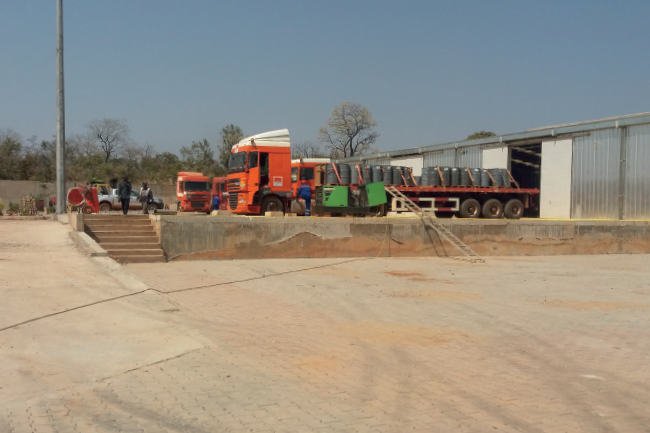
With this in mind, the group undertook to provide suppliers and manufacturers with a logistics platform that gives them an in-country presence that enables them to store and move goods speedily. Located on the border of Senegal and Mali, the African Logistics Platform provides complete storage, handling, processing and fulfilment services.
The platform is a natural progression for the CSTT-AO group and brings it closer to realising its vision to be the leading independent service provider, specialising in supply chain management and integrated logistics solutions (across Africa), operating globally.
Key features of the platform
- Safety
– Fire hose installation
– 100 m3 watertank, pumps
– Portable extinguishers
– Fire sensors and alarm station
– Security gates
– Supervision room with cameras - SAP system
– Warehouse-management system
– Replenishment system
– Hazardous management system
– Real-time tracking and visibility
– Reporting tool - ISO standard
– ISO 9001
– ISO 14001 & OSHASS 1800 in progress
– ICMI - Qualified and experienced staff
- Location
Moussala Platform to:
– Loulo-Gounkoto: 25 km
– Tabakoto: 47 km
– Massawa: 108 km
– Sabodala: 123 km
– Mako: 173 km.
Key benefits of the platform
- Brings the stock (vendor) closer to the mines (customer)
- Delivers to the mining industry a complete, integrated and flexible supply chain solution that contributes to reduction of inventories and lead times, and optimisation of procurement budge
- Provides vendors and manufacturers with an adequate and safe distribution solution with a deep knowledge of local procedure
- Compliance with safety and environmental standards.

